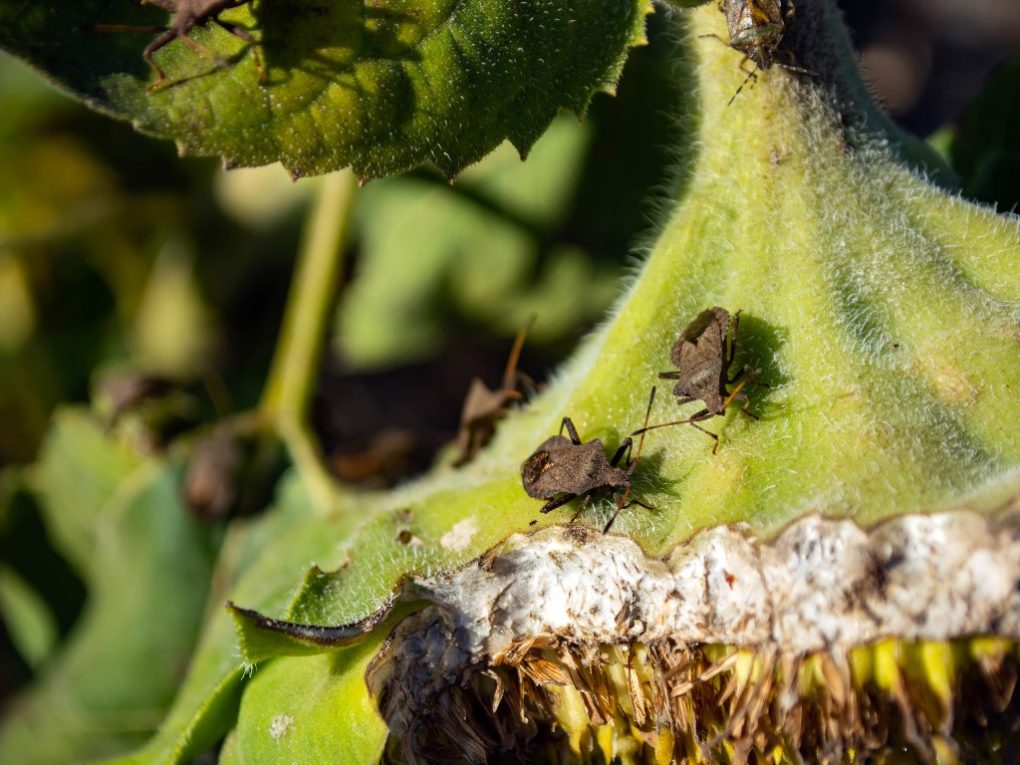Are Sunflowers Hard to Grow: Understanding the Needs of Sunflowers
No, sunflowers are not hard to grow. Instead, sunflowers are easy to grow and well-suited to various growing conditions. They are hardy plants that can tolerate various temperatures, soil types, and moisture levels and can be grown in many different regions worldwide.
Sunflowers are annual plants typically grown from seed and can be started indoors or directly sown into the garden. They are fast-growing plants that can reach an average of 10 feet or more in height and produce large, showy flowers. They require full sun exposure and well-drained soil to thrive. They prefer soil rich in nutrients and organic matter and should be fertilized regularly to promote healthy growth.

Table of Contents
The Growth Needs of Sunflowers
Sunlight
Sunlight is extremely important for sunflowers as they are sun-loving plants that require full sun exposure to grow and thrive. Sunflowers are heliotropic, which means they track the sun’s movement throughout the day and orient their flowers and leaves toward it.
Sunflowers require at least 6 to 8 hours of direct sunlight per day to produce healthy growth and abundant flowers. With sufficient sunlight, sunflowers may become strong and leggy, with fewer leaves and flowers. Insufficient sunlight can result in delayed or stunted growth, smaller flowers, and reduced seed production.
In addition to providing energy for photosynthesis, sunlight is important for other physiological processes in sunflowers, such as regulating flowering time and producing hormones that promote growth and development.

Soil
Soil is also an important factor for growing healthy and thriving sunflowers. Sunflowers require well-draining soil rich in nutrients, organic matter, and minerals. The soil should be slightly acidic to neutral, with a pH range of 6.0 to 6.8. Soil that is too alkaline or acidic can limit nutrient uptake, leading to poor growth and reduced flower production.
Sunflowers prefer loose and well-aerated soil, allowing for good root development and water uptake. Too heavy or compacted soil can limit root growth and reduce flower production. Organic matter, such as compost or well-rotted manure, can be added to the soil to improve its fertility and structure. This can help to provide the nutrients and minerals that sunflowers need to grow and thrive.
Water
Sunflowers require regular watering to maintain adequate soil moisture levels and support healthy growth and flower production. While sunflowers are relatively drought-tolerant and can withstand dry conditions for short periods, prolonged drought or insufficient water can lead to stunted growth, reduced flower production, and wilting.
Sunflowers require consistent soil moisture throughout their growing season, especially during hot and dry weather. However, overwatering can also harm sunflowers, leading to root rot and other problems. The water required will depend on soil type, weather conditions, and the sunflowers’ growth stage.
To maintain proper soil moisture levels, it’s important to water sunflowers deeply but infrequently, allowing the soil to dry out slightly between watering sessions. This can help to encourage healthy root development and reduce the risk of waterlogging or root rot.

Fertilizer
Fertilizer provides essential nutrients that sunflowers need for growth and flower production. Sunflowers require a balanced supply of nutrients, including nitrogen, phosphorus, and potassium, as well as micronutrients, such as iron, magnesium, and calcium. The availability of these nutrients in the soil can vary depending on soil type, previous crops grown, and weather conditions.
Fertilizers can be added to the soil to supplement the naturally present nutrients and ensure sunflowers have access to the nutrients they need for healthy growth and abundant flower production.
A balanced fertilizer can be applied every few weeks during the active growth period of sunflowers. However, keeping the fertilizer manageable is important, as this can lead to excessive growth, weak stems, and reduced flower production.
In addition to chemical fertilizers, organic fertilizers such as compost or well-rotted manure can also provide nutrients to sunflowers. These fertilizers also improve soil health and structure, which can help support healthy growth and flower production.
Pests and Disease Control
Pests and diseases can damage the foliage, stems, and flowers of sunflowers, reducing growth and flower production. Some common pests that can affect sunflowers include aphids, thrips, and caterpillars, while common diseases include rust, powdery mildew, and fungal infections.
Monitoring sunflowers regularly for signs of damage or infection is important to control pests and diseases. Early detection can help prevent the spread of pests and diseases and minimize plant damage. Several methods can be used to control pests and diseases, including:
- Cultural practices: Practices such as crop rotation, pruning, and removing infected plant material can help to reduce the spread of pests and diseases.
- Biological control involves using natural predators, such as ladybugs or parasitic wasps, to control pests.
- Chemical control involves using pesticides or fungicides to control pests and diseases. However, using these products carefully and following instructions is important to avoid harming beneficial insects and other wildlife.
- Integrated pest management (IPM): This holistic approach combines different pest control methods to minimize damage to plants while reducing the use of chemicals.

What Could Go Wrong in Growing Sunflowers
Several things could go wrong when planting sunflowers, including poor soil quality. As mentioned, sunflowers require well-drained, fertile soil to grow and produce healthy flowers. If the soil is poor quality, lacking in nutrients, or too compacted, the plants may not grow well and produce few or no flowers.
Watered properly, the sunflowers may become relaxed and not produce flowers. Also, if planted in a shady area or shaded by nearby plants or structures, they may need more sunlight and not produce flowers.
Poor planting techniques can also hinder the growth of sunflowers. If sunflowers are not planted at the proper depth or too close together, they may not grow properly and produce fewer flowers. In addition, sunflowers can further be affected by extreme weather conditions, such as drought or excessive heat, which can damage plants and reduce flower production.
Overall, several factors can affect the growth and flower production of sunflowers. For example, sunflowers can grow and produce abundant flowers by ensuring they are planted in well-drained, fertile soil, provided with adequate sunlight and water, and protected from pests and diseases.
